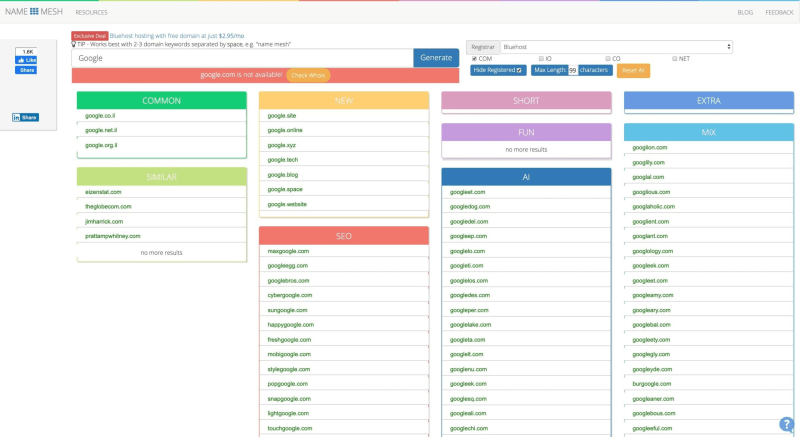In 2024, the Landscape Of DevOps continues to evolve, driven by technological advancements, shifting market demands, and the ever-growing need for speed, agility, and reliability in software development and deployment. DevOps, a fusion of development and operations practices, has matured from being just a buzzword to becoming an indispensable philosophy and set of practices for organizations across industries.
One of the most notable trends in DevOps in 2024 is the increasing adoption of AI and machine learning technologies to automate and optimize various aspects of the software delivery pipeline. Intelligent automation tools are being leveraged to streamline tasks such as code deployment, testing, monitoring, and incident response, enabling teams to focus on higher-value activities and accelerate time-to-market while maintaining quality and stability.
Furthermore, the concept of “GitOps” has gained significant traction, revolutionizing the way teams manage infrastructure and deployments. GitOps extends the principles of version control and collaboration from software development to infrastructure management, allowing organizations to declaratively define and manage their entire IT infrastructure as code using Git repositories. This approach not only enhances visibility, traceability, and audibility but also promotes consistency, repeatability, and scalability in managing complex infrastructures.
Containerization and orchestration technologies like Kubernetes continue to be the backbone of modern DevOps practices, empowering organizations to build, deploy, and scale applications more efficiently and reliably in diverse environments, from on-premises data centers to multi-cloud and hybrid cloud environments. As containers become the de facto standard for packaging and deploying software, microservices architectures are becoming increasingly prevalent, enabling organizations to achieve greater flexibility, scalability, and resilience in building and managing complex applications.
Moreover, DevSecOps, which integrates security practices into the DevOps workflow from the outset, has become a critical imperative in 2024, as organizations strive to proactively address security vulnerabilities and compliance requirements without sacrificing speed or agility. Security considerations are no longer an afterthought but are integrated into every stage of the software development lifecycle, from design and development to deployment and operations, enabling organizations to build and maintain more secure and resilient systems in the face of evolving cyber threats.
In addition to technological advancements, cultural and organizational transformation remains a key focus area for DevOps initiatives in 2024. Breaking down silos between development, operations, and other cross-functional teams, fostering a culture of collaboration, experimentation, and continuous learning, and empowering teams with autonomy, ownership, and accountability are critical success factors for driving DevOps adoption and achieving business outcomes.
Overall, in 2024, DevOps continues to revolutionize the way organizations build, deploy, and operate software, driving innovation, efficiency, and competitiveness in the digital age. By embracing automation, agility, collaboration, and a culture of continuous improvement, organizations can navigate the complexities of modern software delivery and unlock new opportunities for growth and success in an increasingly dynamic and competitive landscape.
HOW TO START ?
Starting a career in DevOps in 2024 requires a combination of technical skills, practical experience, and a solid understanding of DevOps principles and practices. Here’s a roadmap to kickstart your journey:
Understand DevOps Principles: DevOps is not just about tools; it’s a cultural and organizational shift that emphasizes collaboration, automation, and continuous improvement. Begin by familiarizing yourself with core DevOps principles such as infrastructure as code, continuous integration/continuous deployment (CI/CD), version control, monitoring, and feedback loops.
Learn Version Control Systems: Git is a fundamental tool in DevOps for managing source code and collaborating with team members. Master Git by understanding concepts such as branching, merging, rebasing, and resolving conflicts. Familiarize yourself with popular Git hosting platforms like GitHub, GitLab, and Bitbucket.
Automation Tools: Automation is central to DevOps practices. Learn configuration management tools like Ansible, Puppet, or Chef for automating infrastructure provisioning and configuration. Explore containerization technologies like Docker for packaging applications and their dependencies, and container orchestration platforms like Kubernetes for managing containerized applications at scale.
CI/CD Pipelines: Continuous Integration (CI) and Continuous Deployment (CD) are key practices in DevOps for automating the software delivery process. Learn CI/CD tools like Jenkins, CircleCI, or GitLab CI for automating build, test, and deployment workflows. Understand concepts such as pipeline as code, automated testing, and deployment strategies (e.g., blue-green deployments, canary releases).
Cloud Platforms: Cloud computing is integral to modern DevOps practices. Gain proficiency in one or more cloud platforms such as AWS, Azure, or Google Cloud Platform (GCP). Learn how to provision and manage infrastructure resources using Infrastructure as Code (IaC) tools like AWS CloudFormation, Azure Resource Manager (ARM) templates, or HashiCorp Terraform.
Monitoring and Logging: Monitoring and observability are essential for maintaining the health and performance of systems in production. Learn monitoring tools like Prometheus, Grafana, or Datadog for collecting metrics and visualizing performance data. Familiarize yourself with logging solutions like ELK (Elasticsearch, Logstash, Kibana) stack or Splunk for aggregating and analyzing log data.
Security and Compliance: Security is a critical aspect of DevOps. Learn about security best practices for infrastructure, applications, and data. Understand concepts such as identity and access management (IAM), network security, encryption, and compliance standards (e.g., GDPR, HIPAA, PCI-DSS). Explore security scanning tools like SonarQube, OWASP ZAP, or Nessus for identifying vulnerabilities in code and infrastructure.
Soft Skills and Collaboration: DevOps emphasizes collaboration and communication across development, operations, and other teams. Develop strong interpersonal skills, teamwork, and the ability to work in cross-functional teams. Cultivate a mindset of continuous learning and improvement, and stay updated with industry trends and emerging technologies.
By acquiring proficiency in these technologies and principles, along with gaining hands-on experience through projects, internships, or entry-level positions, you can build a solid foundation for a successful career in DevOps in 2024 and beyond.




